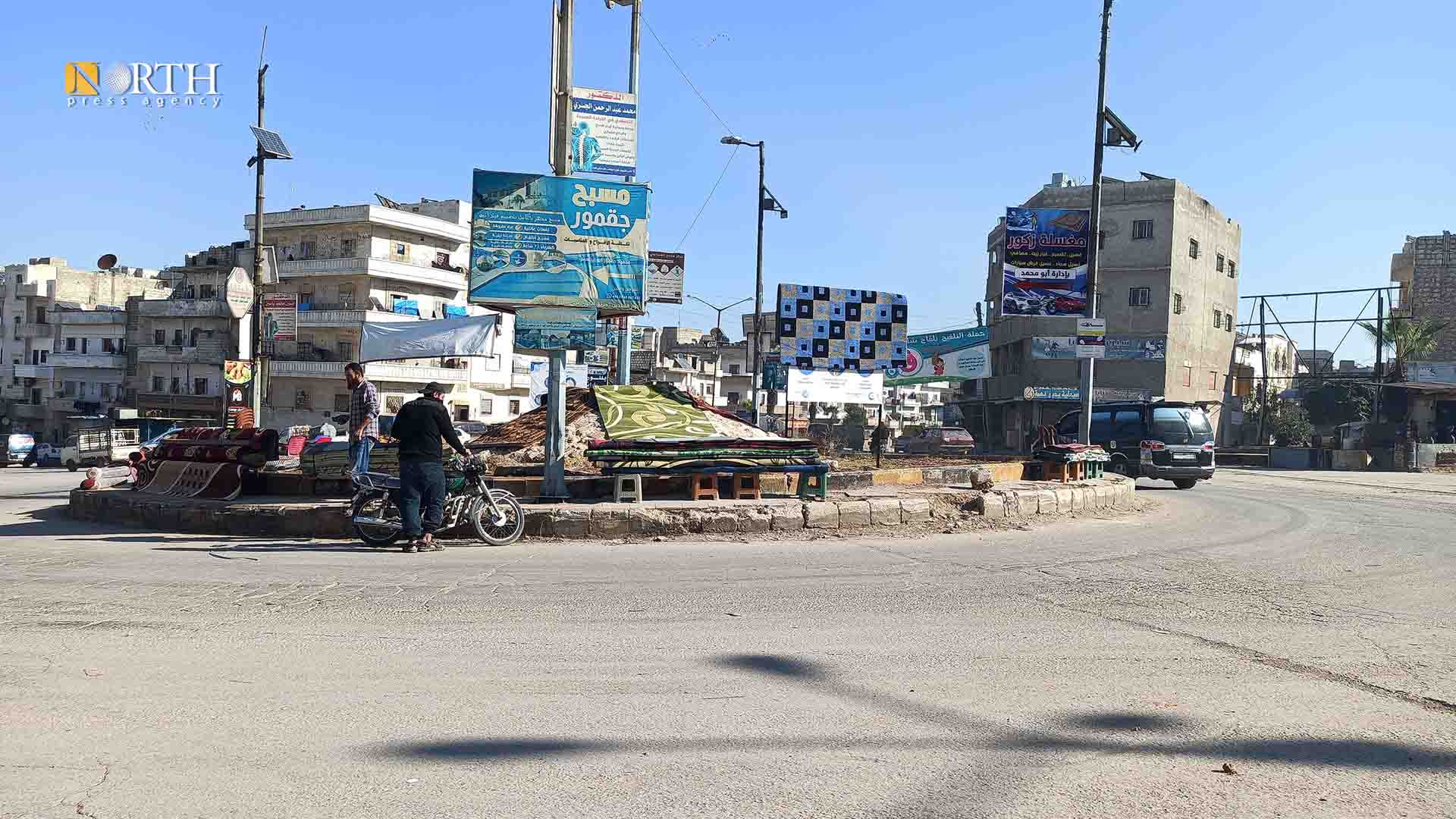IDLIB, Syria (North Press) – Despite all medical warnings and risks of cousin marriage, families in northwestern Syria continue forcing their daughters to cousin marriage according to the prevailing customs that prohibit marriage to strangers.
Cousin marriage mainly affects the new-born children; they may have congenital anomalies, disabilities and chronic genetic diseases, according to medical studies.
Samar Ali, 18, a resident from the city of Saraqeb in the eastern countryside of Idlib, said that she was forced to an arranged marriage to her cousin two years ago, “I refused him because I felt as if he was my brother, but my father forced me to marry him.”
“A year following the marriage, I gave birth to a child with thalassemia (chronic genetic anemia) where it will bear the consequences of that marriage throughout its life.”
Samar is forced to take her child to the Thalassemia Center every 15 days for blood transfusion; unfortunately this process will continue for the rest of the child’s life.
Children with thalassemia spend several hours in blood transfusion operation. However, some transfer blood every 15 days while others do it every month.
Some people from Idlib believe that inbreeding increased during years of war under the pretext of protecting the girl from being kidnapped or raped.
Additionally, relatives were forced to displace or take refuge to some places whether inside or outside the country, in addition to the fact that such kind of marriage has lower cost than marrying a girl from outside the family.
Aysha Mahmoud, a resident from Kafr Losin in the northern countryside of Idlib who married her cousin, decided to abstain from childbearing after she gave birth to a child with paralysis of his lower limbs, which turned into muscle atrophy until he was no longer able to move and walk over the time.
She insisted on her decision even after her husband married another woman.
“Many cousin couples are not subjected to the necessary medical examinations before marriage because they do not realize the risks of such marriages,” Abdulqader Muhammad, a doctor in Idlib, said.
The most familiar diseases among children are mental retardation, kidney cyst, heart disease, liver disease, diabetes, blood diseases, and the most dangerous of which is thalassemia, which has no cure, according to the doctor.
Some families who marry their daughters to their relatives believe that these marriages strengthen families’ ties and protect the customs and norms that are more powerful than the scientific facts for them.
Marwa Hallaq (pseudonym), a 20-year-old woman from Idlib, said that the woman is forced to tolerate and not call for her rights when marrying her cousin, so that to avoid disputes between the two families.”
“Despite all continued difficulties, disputes, and lack of understanding between us, I have to endure that in order to avoid disputes between my family and my family-in-laws,” Hallaq added.

